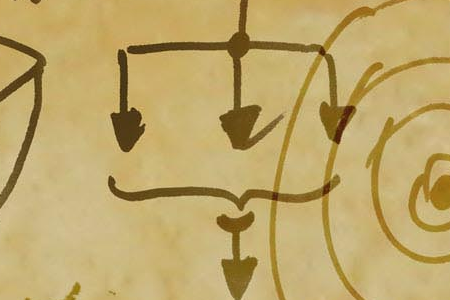Why Your Continued Development Depends Upon Attaining Reality Itself
Unlike any other science, Kabbalah reveals to us the Upper World. This is why it is most often referred to as a “wisdom” instead of a “science.” The empiric, scientific approach of the wisdom of Kabbalah is based on the same research principles that apply to other fields of research. Kabbalah, too, regards the observer as the researcher and studies reality as it is sensed by a human being, from a subjective perspective. The uniqueness of the wisdom of Kabbalah compared to any other fields of human study is that the subject of its research is the higher part of reality.
The wisdom of Kabbalah enables one to attain the roots of reality, not just another segment of the whole, but reality at its highest levels, before we ever reached it. Attaining the roots of reality grants researchers control over events before they clothe in our world, and the ability to interfere and change them, to lead and guide them using their unique approach.
The Secret of the Elusive Sixth Sense
If we determine our desire in such a way that the entire reality will appear to us in the direction of bestowal upon the Creator, if we want to live in a reality where the five senses are devoted to a single aim, to delight the Creator, then in that state we will determine our attitude to reality in the realm and at the level of the “sixth sense.” This means holding an altruistic attitude to reality, which yields an entirely different characteristic to the reality perceived through the five senses. We will no longer attain a mere speck of reality, but its very root, ascending to the control room, the headquarters of reality.
Continue reading “Now You Can Unlock the Sixth Sense and Realize Your Full Potential”




 “Eternal Life through the Middle Line by the Study of Kabbalah” is based on the book, The Secrets of the Eternal Book: The Meaning of the Stories of the Pentateuch by Semion Vinokur.
“Eternal Life through the Middle Line by the Study of Kabbalah” is based on the book, The Secrets of the Eternal Book: The Meaning of the Stories of the Pentateuch by Semion Vinokur.